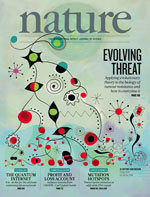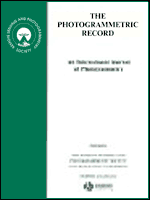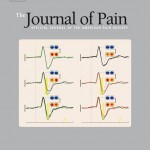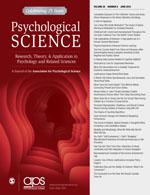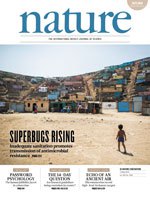 If you need evidence of the value of transparency in science, check out a pair of recent corrections in the structural biology literature.
If you need evidence of the value of transparency in science, check out a pair of recent corrections in the structural biology literature.
This past August, researchers led by Qiu-Xing Jiang at the University of Texas Southwestern Medical Center corrected their study, first published in February 2014 in eLife, of prion-like protein aggregates called MAVS filaments, to which they had ascribed the incorrect “helical symmetry.” In March, Richard Blumberg of Harvard Medical School, and colleagues corrected their 2014 Nature study of a protein complex called CEACAM1/TIM-3, whose structure they had attempted to solve using x-ray crystallography.
In both cases, external researchers were able to download and reanalyze the authors’ own data from public data repositories, making it quickly apparent what had gone wrong and how it needed to be fixed — highlighting the very best of a scientific process that is supposed to be self-correcting and collaborative. Continue reading Structural biology corrections highlight best of the scientific process




